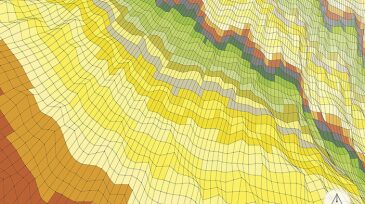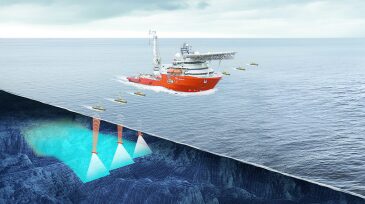Digital Transformation
Digital transformation in oil and gas depends less on adopting advanced technologies and more on maturing data so people and processes can reliably convert raw information into aligned, asset-level value.
Agentic AI can enhance subsurface workflows when its autonomy is deliberately designed around physics, data integrity, and accountable decision-making through architectures that separate reasoning, computation, interpretation, and validation.
Mark your calendars for the first SPE Live featuring the 2025 TWA Energy Influencers.
-
The data science, machine learning, and artificial intelligence fields do have a great deal of overlap, but they are not interchangeable.
-
BHGE shared its plans for the integration of its services, products, and digital platforms for upstream to downstream applications.
-
R&D may be the key to the survival of companies as the new economics of the industry take hold.
-
One tech company is using a unique approach to building custom apps for the oil and gas business.
-
MIT News Office, 7 September. IBM and Massachusetts Institute of Technology (MIT) recently announced that IBM plans to make a 10-year, $240 million investment to create the MIT-IBM Artificial Intelligence (AI) Lab in partnership with MIT.
-
No longer considered a buzz phrase, cloud computing has made converts of the largest oil companies, and now the smaller ones are next.
-
The BP Statistical Review of World Energy is an institution in the energy world. Who's behind assembling and managing the mountain of data that goes into it?
-
A quick look at the term "Fourth Industrial Revolution" and links to related articles.
-
Data-driven reservoir modeling is an alternative or a complement to numerical simulation and uses machine learning and data mining to develop full-field reservoir models.
-
AUVs aren’t limited to inspections and pipeline surveys. Deployment of a flotilla of AUVs to work on a project, and the communication among them, may someday lead to a subsea Internet of Things.













